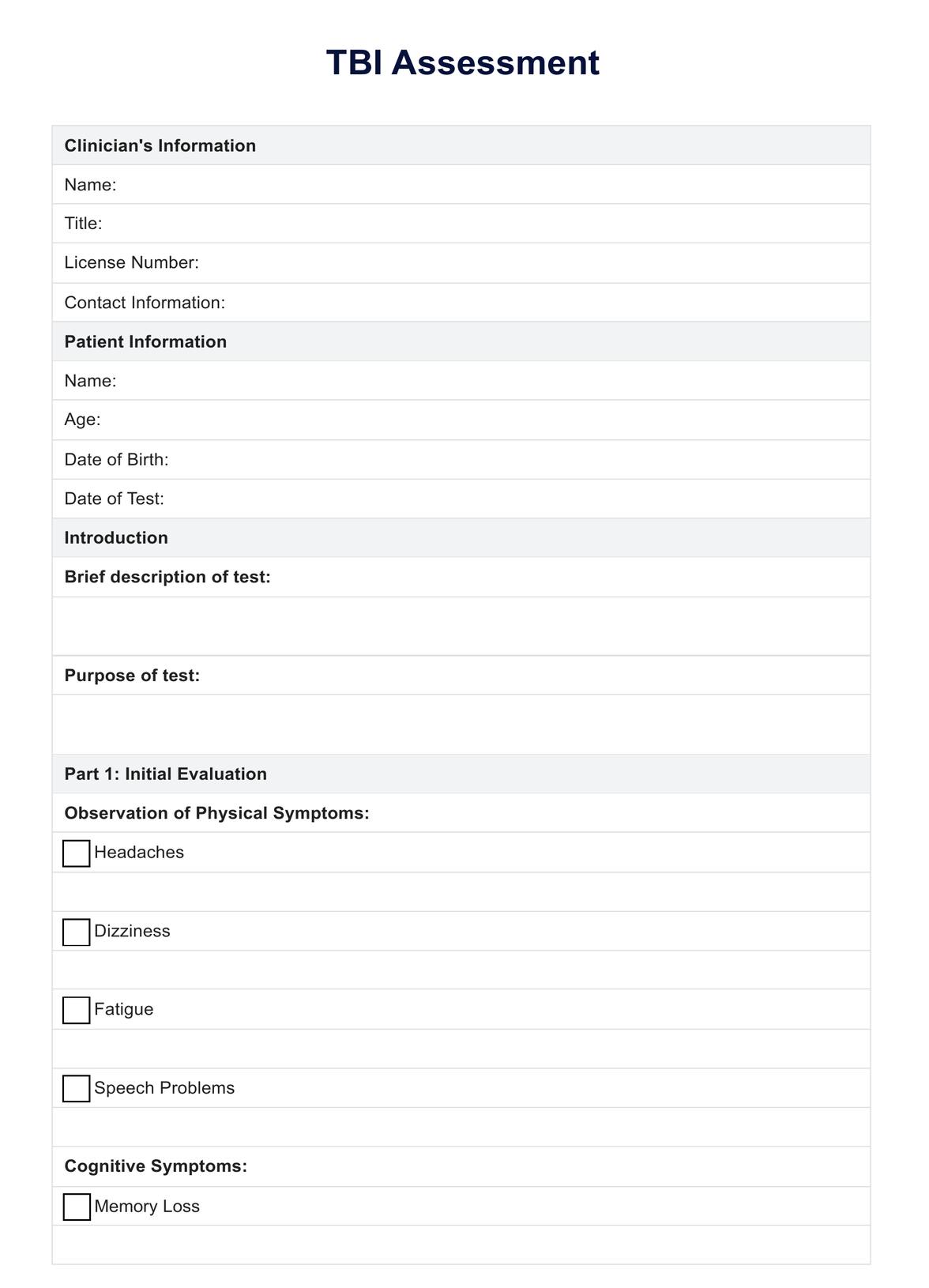What is a traumatic brain injury?
A Traumatic Brain Injury (TBI) is a form of acquired brain injury that occurs when a sudden trauma causes damage to the brain. This trauma and brain injury can result from a blow, bump, or jolt to the head or from a penetrating head injury that disrupts the normal function of the brain. TBIs can range from mild, commonly known as concussions, to more severe head and brain injuries, potentially leading to prolonged periods of unconsciousness, amnesia, or even death.
The severity of a TBI can vary greatly, with symptoms ranging from mild, such as brief changes in mental status or consciousness after primary injury, to severe, such as extended periods of unconsciousness or amnesia after the secondary or mild traumatic brain injury. The impact of a TBI can be profound, affecting cognitive and motor function, executive functioning, physical abilities, emotional well-being, and social behavior. The outcome of a TBI can vary widely, from complete recovery to permanent disability or death.
TBIs are a major cause of death and disability worldwide, especially in children and young adults. They are severe injuries that can result from various incidents, including falls, vehicle-related collisions, sports injuries, and violent assaults. The Centers for Disease Control and Prevention (CDC) estimates that TBIs contribute to about 30% of all injury deaths in the United States.
Early recognition and treatment of traumatic brain injuries are crucial for improving outcomes in TBI patients. This involves prompt medical attention, accurate diagnosis, and appropriate management of the injury. Rehabilitation programs, tailored to the individual's needs, play a critical role in helping TBI patients regain lost skills and learn new ways to compensate for abilities that have been altered due to traumatic brain injury.












